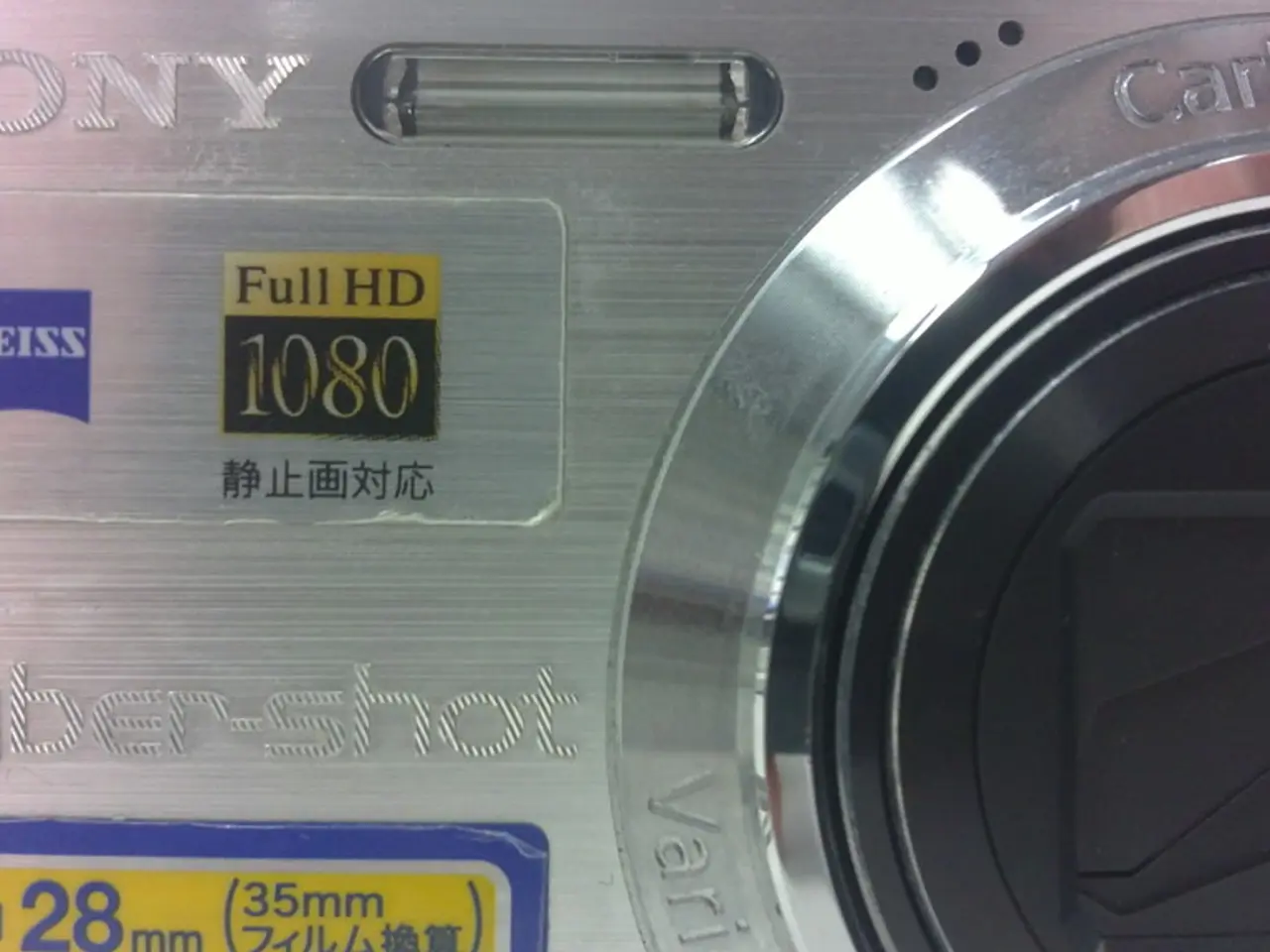Expectant expansion in the digital camera market, forecasted to reach USD 12.1 billion by 2033
In the dynamic world of technology, the digital camera market is experiencing a significant surge, particularly in the Asia-Pacific (APAC) region. This growth is driven by a multitude of factors, including urbanization, rising disposable income, and the burgeoning demand for advanced imaging solutions.
The APAC region leads the global digital camera market, with countries like China and India playing a pivotal role. The expansion in professional photography, e-commerce content creation, and the increasing middle-class population are fueling this growth.
One of the key trends driving this market is the rise of mirrorless cameras. These innovative devices, characterized by their hybrid capabilities, are combining compactness, high resolution, and superior video performance, particularly 4K/6K. Mirrorless cameras account for 45% of professional camera sales growth and are favored among content creators.
The integration of artificial intelligence (AI) is another significant growth factor. Mirrorless cameras are being enhanced with AI-driven features such as real-time scene recognition, autofocus improvements, and in-camera editing tools. By 2030, around 60% of professional cameras are projected to integrate AI.
The demand for creative flexibility and high-quality imagery continues to encourage people to invest in digital cameras. With AI, beginners can enjoy high-quality photography, and more experienced users can achieve artistic results with greater ease.
However, the market isn't without its challenges. Balancing innovation with high production costs is a significant hurdle for digital camera companies. The uncertainty of global supply chains can make costs harder to predict, and the competition is fierce.
Despite these challenges, the digital camera market is expected to reach USD 12.1 billion by 2033, with a Compound Annual Growth Rate (CAGR) of 4.5% from 2024 to 2033. In 2023, the Global Digital Camera Market was valued at USD 7.8 billion, with the APAC region generating USD 3.1 billion and holding over 40.2% of the global share.
The digital camera market includes segments such as lens type (built-in, interchangeable), product type (compact digital camera, DSLR, mirrorless), end use (pro photographers, prosumers, hobbyists), and key players such as Canon Inc., Eastman Kodak Company, FUJIFILM Holdings Corporation, Leica Camera AG, Nikon Corporation, Olympus Corporation, OM Digital Solutions Corporation, Panasonic Corporation, Comp9RICOH IMAGING COMPANY, LTD., SIGMA CORPORATION, Sony Corporation, and Hasselblad.
Smartphone competition poses a challenge to the traditional camera market, as smartphones come equipped with sophisticated photographic technology that can satisfy the average user's daily needs. However, the intersection of smart technology and imaging creates a valuable pathway for growth in the digital camera market.
In conclusion, the Asia-Pacific digital camera market is expanding rapidly due to a combination of urbanization, rising disposable income, e-commerce content needs, and significant technology innovations—particularly the rise of mirrorless cameras enhanced by AI and video capabilities. The market's future looks bright, with continued growth predicted in the coming years.
Gadgets like mirrorless cameras, powered by advanced technology, are driving the expansion in the digital camera market, especially in the Asia-Pacific region. These devices are favored by content creators due to their hybrid capabilities, high resolution, and superior video performance.
The integration of artificial intelligence (AI) in digital cameras is expected to increase significantly, with around 60% of professional cameras projected to integrate AI by 2030, offering features such as real-time scene recognition, autofocus improvements, and in-camera editing tools.




